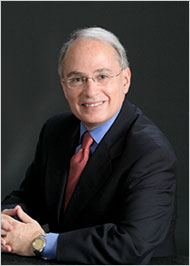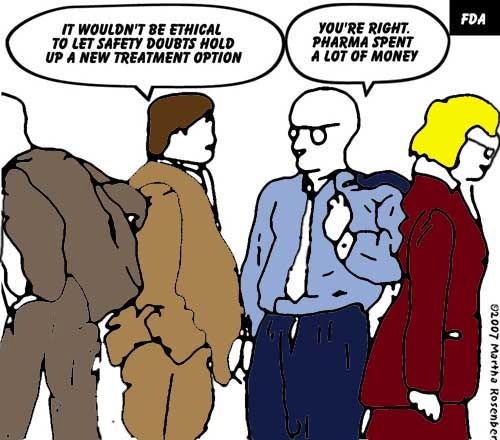
Five dementia sufferers die every day from antipsychotic drugs
Five dementia sufferers die each day after being wrongly prescribed “chemical cosh” drugs, the Department of Health has warned. A Government-commissioned report published in 2009 estimated that 180,000 dementia sufferers are being prescribed anti-psychotic drugs but in as many as 150,000 cases they are unnecessarily being taken, often to keep patients quiet in hospital or nursing homes.
Because the “chemical cosh” drugs are feared to worsen other medical conditions and speed up mental decline, it is estimated that they lead to 1,800 needless deaths – five a day – every year. In addition, they are thought to cause 1,620 strokes, half of which are severe.






SHARE YOUR STORY/COMMENT: